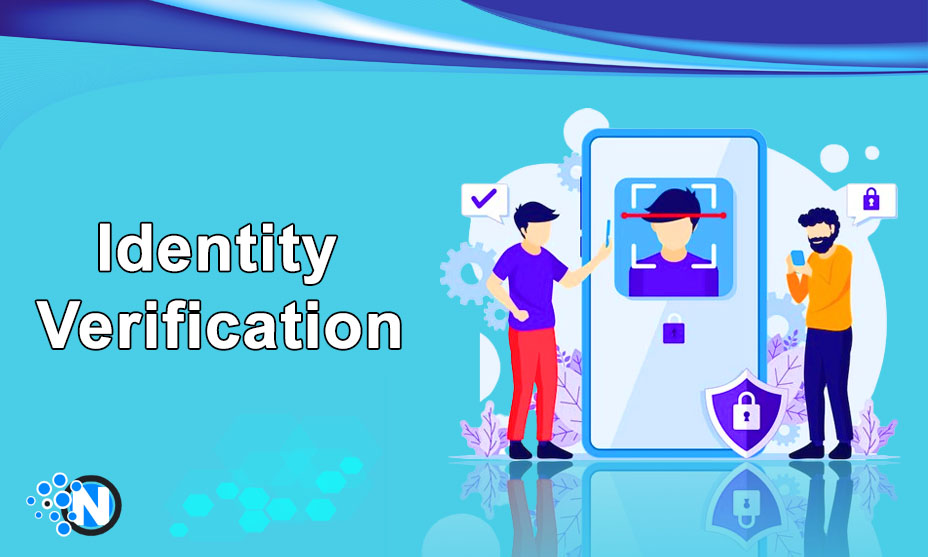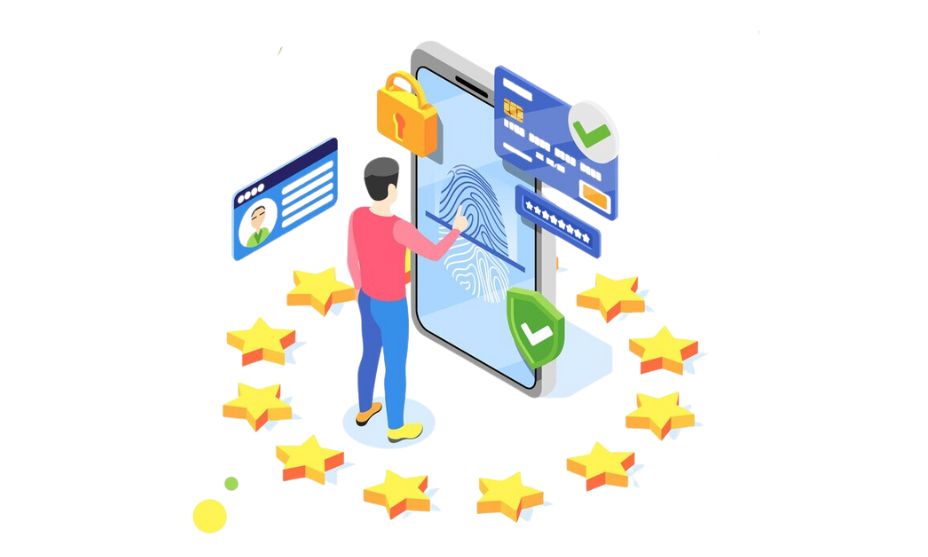Navigating the Digital Landscape – What is Identity Verification?

In today’s digital era, the concept of identity verification is more crucial than ever. It serves as the gatekeeper, ensuring that businesses interact with real individuals and mitigating the risks associated with identity fraud. Chief Product Officer for EMEA, Gus Tomlinson, sheds light on the intricacies of the identity verification process, its significance in Know Your Customer (KYC) processes, and the evolving landscape of digital identity verification in 2024.
What is Identity Verification?
Identity verification, at its core, is the process of confirming the authenticity of an individual’s identity. It’s a pivotal step in various financial processes, such as opening a bank account, where establishing trust in the person’s identity is paramount. In a world where digital interactions dominate, identity verification SDK is the linchpin that facilitates secure transactions and builds confidence between businesses and consumers.
Digital Identity Verification in 2024
Digital identity verification furthers the traditional concept by confirming identity without face-to-face interactions. It guarantees that the provided private information is authentic, safeguarding against identity fraud. As the criminal generation becomes extra sophisticated, virtual identification verification employs advanced technologies to discern between real people and pretend identities.
How Digital Identity Verification Works
The procedure revolves around amassing and verifying personal facts, generally at some stage in patron onboarding. This fact, which include names, date of start, and addresses, is go-referenced with relied-on data resources, inclusive of credit bureaus, authorities files, and cellular operator databases. Negative data sets are employed to enhance verification, ensuring that the identity is legitimate.
Data Verification
Digital identity verification can take various approaches. Data-oriented verification involves matching personal data against trusted global sources. However, knowing what identity verification is, complexity arises when dealing with international transactions due to varied data formats and global disparities. Comprehensive data coverage and the use of multiple data points become best practices and identity verification trends for ensuring confidence in the presented identity.
Document Verification
Another approach involves scanning and verifying government-issued identity documents like passports, ID cards, and driving licenses. These documents possess unique features, such as watermarks and fonts, making them instrumental in detecting tampering and identity fraud. Optical character recognition (OCR), AI, and authenticity algorithms are employed to analyze and match the document against official templates during the identity verification process.
Identity Authentication
Beyond verifying the existence of an identity, organizations want to ensure that the identity belongs to the person imparting it. This system, known as identity authentication, relies on data that is difficult for anybody. However, the individual needs to produce biometric facts.
Methods like facial recognition, liveness checks, MRZ reading and mobile authentication add an extra layer of security to the identity verification process.

The Significance of Identity Verification
Identity verification software is pivotal for building customer trust. In a world without it, businesses would operate in an anonymous digital realm, exposing themselves and their clients to increased fraud risks. KYC compliance, a legal requirement in regulated industries. Ensures that companies understand who they are dealing with, protecting both the business and the individual.
Fighting Fraud Through Identity Verification
Crime thrives on fake identities, and digital identification verification acts as a deterrent by way of making it difficult to thieve or create faux identities. By confirming the legitimacy of an identification, organizations lessen the hazard of identity fraud, safeguarding their operations and retaining the consideration of their shoppers.
Compliance with AML Regulations and KYC
In the world, many countries and states have set boundaries to open an account for industry regulations, including the finance industry or banks. Anti-money laundering (AML) and KYC (Know Your Customer) are included.
The online banking sector utilizes remote customers to complete the identity process. They collect personal information and verify the customer. If they fail to identify any customer, it can lead to serious consequences such as fraud or scams to cybercriminals.
Customer Safety
Safety is the first priority of every reputable organization to satisfy the customer. Digital identification helps to know customers and ensure the right one can gain access to sensitive data. In this way, they can build trust in customers that their data is safe and no one can access it anonymously.
Protection Minors
We often have seen websites and organizations that ask for an age restriction. Age verification is necessary for most organizations that provide digital services like alcohol and online gaming services. They have set a legal requirement for age verification to ensure every user meets the legal rules of age and is an adult to use services. However, age criteria ensure the company and organization are working legally and do not allow teenagers to account.
Tips for Building Trust in Business:
- Choose an Expert Solution Provider: Utilize a digital identity verification solution designed for global business. Overcoming barriers like trust, speed, accuracy, and customer experience with the right technology.
- Maintain Compliance: For regulated businesses, KYC compliance is crucial. Even for non-regulated industries, knowing your customer should be a best practice to establish trust.
- Balance Safety with Customer Experience: Prioritize a smooth customer experience without compromising security. Intelligent verification software solutions seamlessly integrate into existing processes, blocking fraudsters while ensuring a positive customer experience.
- Configurable Solutions for Your Business: Configure solutions to fit the specific needs of your business. Set up verification rules that align with your risk tolerance, automating decisions based on your unique approach.
- Global Expansion: As your business expands, ensure your identity verification solution provides access to global data sources. And comprehensive international identity documentation. Uphold stringent verification checks worldwide, preventing fraud and complying with global and local regulations.
Conclusion
As we navigate the digital landscape of, the know-how of what identification verification is emerges as a linchpin for stable and truthful interactions. The integration of superior technologies, adherence to compliance standards. And a commitment to a seamless consumer experience will outline the fulfilment of organizations in this dynamic and interconnected generation. With identity verification software programs at the leading edge. Agencies can construct lasting accept as true and shield themselves and their customers from the ever-evolving threats of the virtual world.




